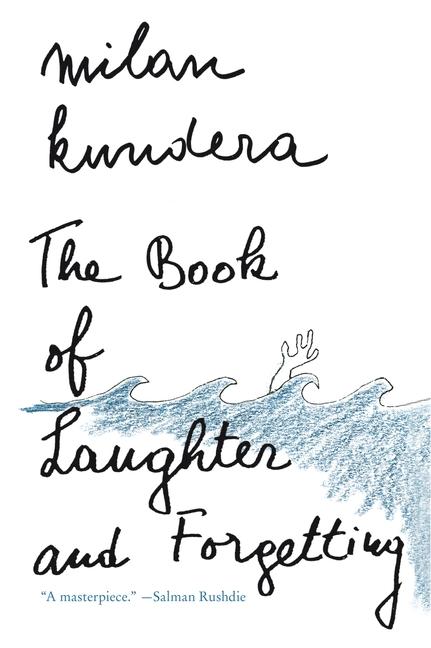
Farewell Waltz
Book Description
A whirlwind of love and betrayal unfolds in a Prague hotel as a group of friends grapples with the complexities of desire and the echoes of a tumultuous past. Amid lively conversations and clandestine encounters, hearts collide and loyalties are tested, revealing the fragile boundaries of romance, friendship, and freedom. Each character dances to their own waltz, revealing hidden truths and unfulfilled dreams. As the night deepens, tensions mount and choices become starkly perilous. Will they confront their fears, or will they surrender to the ghosts of their unresolved lives? How far will they go to escape the echoes of yesterday?
Quick Book Summary
Set in communist-era Czechoslovakia, "Farewell Waltz" is a darkly humorous tale revolving around eight dramatic days at a Bohemian spa. The novel follows a cast of entangled characters—a famous trumpeter, a nurse, a fertility doctor, a political dissident, an American, and more—each ensnared in a web of misunderstandings, infidelity, jealousy, and existential confusion. Kundera uses a kaleidoscope of perspectives to explore themes of love’s fragility, personal freedom, and the inescapable weight of the past. Through satirical prose and lively repartee, the characters grapple with life-defining choices and the repercussions of their desires. As secrets unravel and relationships succumb to the pressure of hidden motives, the story becomes a dance of hope and despair, culminating in moments of both tragic realization and unexpected possibility.
Summary of Key Ideas
Table of Contents
The Complexities of Love and Desire
Against the backdrop of a communist spa town, a constellation of characters converge, each seeking solace, escape, or validation. The novel centers on Klima, a renowned jazz trumpeter, who becomes entangled with Ruzena, a nurse claiming to be pregnant with his child after a fleeting affair. This announcement jeopardizes Klima’s marriage, unraveling deeper insecurities and prompting a series of desperate maneuvers to preserve both his marriage and reputation. Ruzena, on her part, struggles with her own sense of isolation and desire for security, while other spa guests carry secrets and hauntings unique to their pasts.
The Burden of Memory and the Past
Themes of desire, fidelity, and jealousy pulse through each encounter. The characters’ romantic and sexual entanglements are colored by betrayal and longing, with relationships constantly shifting between tenderness and cruelty. Kundera masterfully exposes the conflicted desires underlying each decision—whether it’s seeking genuine connection or simply escaping a suffocating existence. The spa town setting, with its rigid social expectations and undercurrents of political surveillance, intensifies the characters’ feelings of claustrophobia and longing for freedom.
Freedom Versus Conformity in a Totalitarian State
Memory and the past play a haunting role in driving the narrative. Each individual is burdened by past choices, regrets, and lost opportunities. The characters are unable—or unwilling—to escape these ghosts, leading to moments of profound introspection. Kundera suggests that the past is never truly past; it lingers, shaping and sometimes sabotaging present actions. This abiding influence underscores the fragility of personal desires against powerful historical and psychological forces.
Chance, Fate, and the Absurdity of Life
At the core of the novel is the tension between personal freedom and societal conformity. Living under an authoritarian regime, characters navigate a world where genuine expression and autonomy are constantly constrained. Whether it’s through furtive relationships or existential rebellion, each character wrestles with the limitations imposed by the state and their own circumstances. Kundera underscores how political oppression seeps into the most intimate aspects of life, distorting love and friendship alike.
Running parallel to these themes is the motif of chance—the unpredictable, absurd nature of existence that governs the characters’ fates. Kundera’s trademark irony pervades the narrative, as coincidences and misunderstandings lead to both comic and tragic turns. Through this dance of unexpected outcomes, the novel questions whether individuals can ever truly control their destinies, or if they are merely waltzing to the unpredictable rhythms of fate.
Download This Summary
Get a free PDF of this summary instantly — no email required.





